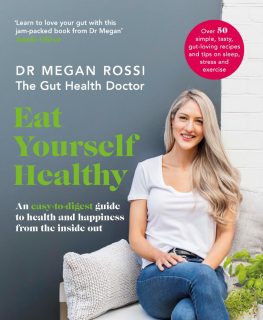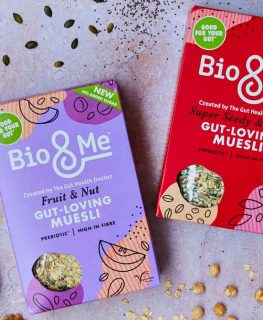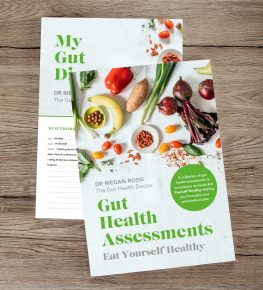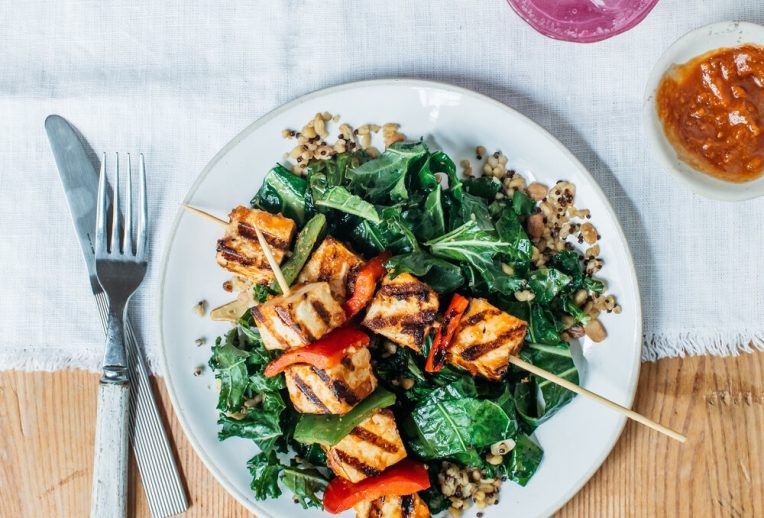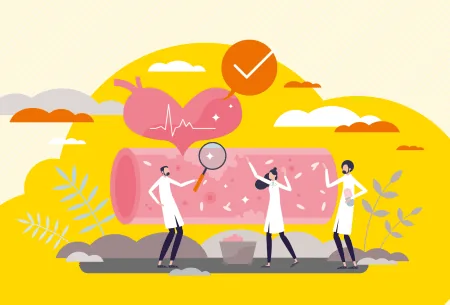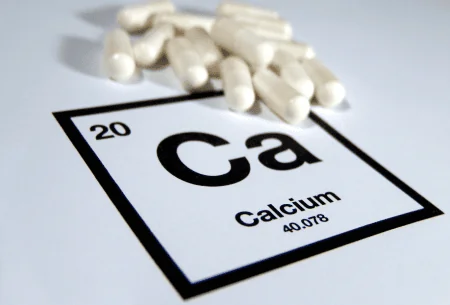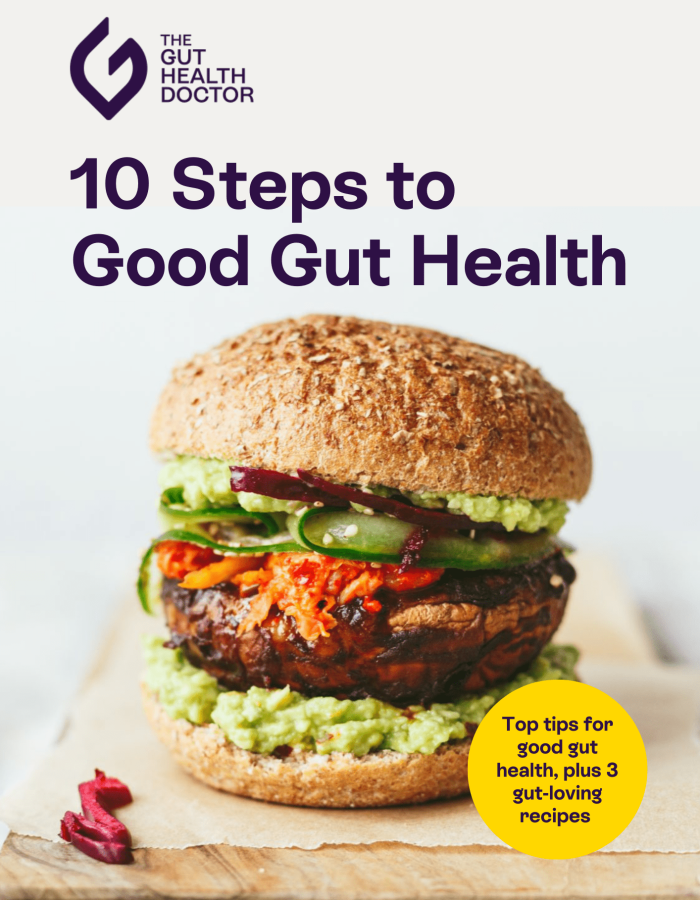With around 1.5 billion people across the globe following vegetarian or vegan diets, whether, for environmental, ethical, religious or financial reasons, the trend towards plant-based eating is showing no sign of slowing down. Whatever your reason, there are simple things you can do to make sure you’re still getting a ‘complete’ diet. You guys know I’m a big advocate for eating more diverse plant-based foods – the more the merrier. And for those including meat, fish and fermented dairy, rest assured studies have shown that you don’t need to go vegan to have a healthy gut.
It’s much more about what you include (i.e. plenty of plant-based goodness!) than what you exclude – and getting the all-important plant diversity is still possible whichever way of eating you choose. In fact, there is good evidence for the health benefits of fermented dairy in particular, across heart health, bone health, digestion and weight management. Similarly, the benefits of oily fish such as salmon and mackerel, include brain, heart and gut health. So, while there are guiding principles that support good gut health, what this looks like in your food choices is really up to you.
7 nutrients to remember if you’re completely plant-based:
-
Calcium
Put simply, calcium is important for strong bones and teeth. If you’re not eating dairy, remember to incorporate other sources of calcium into your meals, such as spring greens or tofu (check on the label it’s set with calcium chloride (E509) or calcium sulphate (E516)). Opt for calcium-fortified plant-based m*lks too, and if you do eat fish, sardines with the bones are a great choice. Bear in mind that, although spinach contains calcium, absorption in the body is limited by a compound called oxalate.
-
Iodine
Without seafood in your diet, think about including sea vegetables and seaweed in your diet, as they are good sources of iodine. You might like to try the Quinoa Sushi Rolls recipe in my first book Eat Yourself Healthy/ Love Your Gut.
-
Iron
The iron found in plant-based foods such as lentils is less efficiently absorbed, so it’s good to include a source of vitamin C with your meals, such as tomatoes, peppers, oranges or strawberries, to help with absorption. There’s a Lentil and Mushroom Fettuccine recipe in the books above, which is a super tasty way to get the most out of your plant-based iron foods.
-
Vitamin B12
For vegetarians, eggs and dairy are good sources of B12. If you’re completely plant-based, explore foods fortified with B12, such as fortified plant-based m*lks and yoghurts. Fortified nutritional yeast is also a great source of B12 and has a delicious cheesy flavour – I use it for my cashew cheese recipe.
-
Omega-3
While some of the plant-based types of omega-3 can be converted by our bodies into essential fats (DHA and EPA), this conversion isn’t very efficient, so it’s important to include plenty of plant-based sources such as walnuts and flaxseed. It may also be worth considering fortified foods or supplementing with algae oil if you’re vegan.
-
Selenium
For those purely plant-based, nuts are good sources of selenium, especially brazil nuts.
-
Zinc
Nuts and seeds are good plant-based sources of zinc. Fermenting and sprouting wholegrains and legumes can reduce the number of phytates and help increase zinc absorption.




